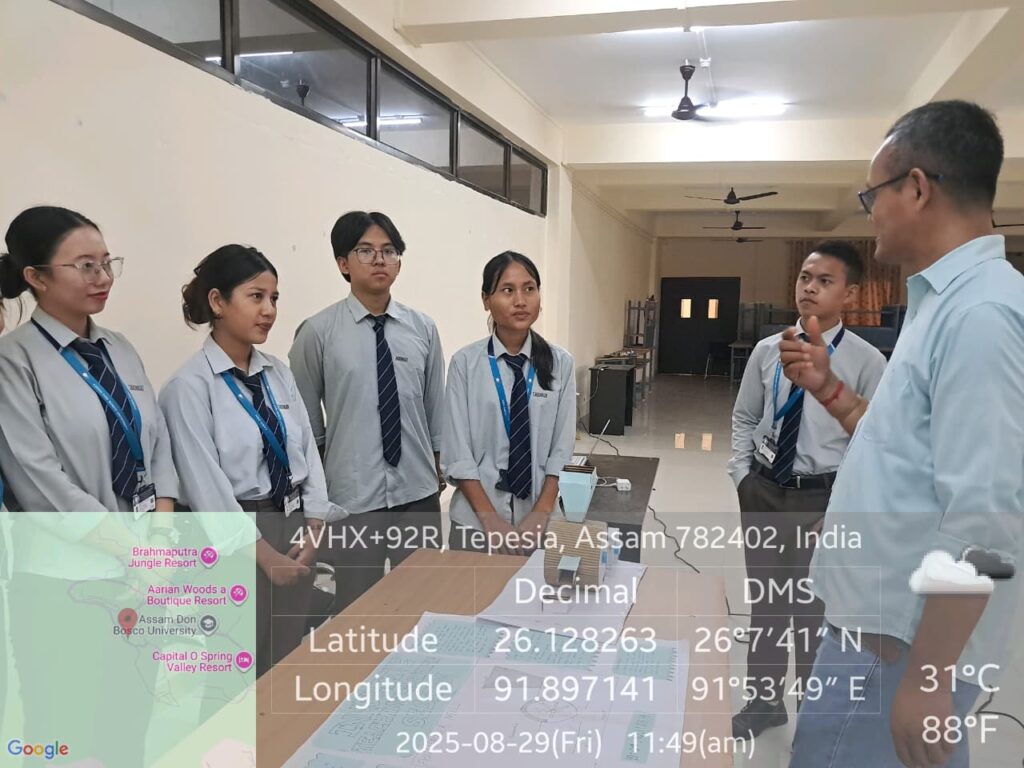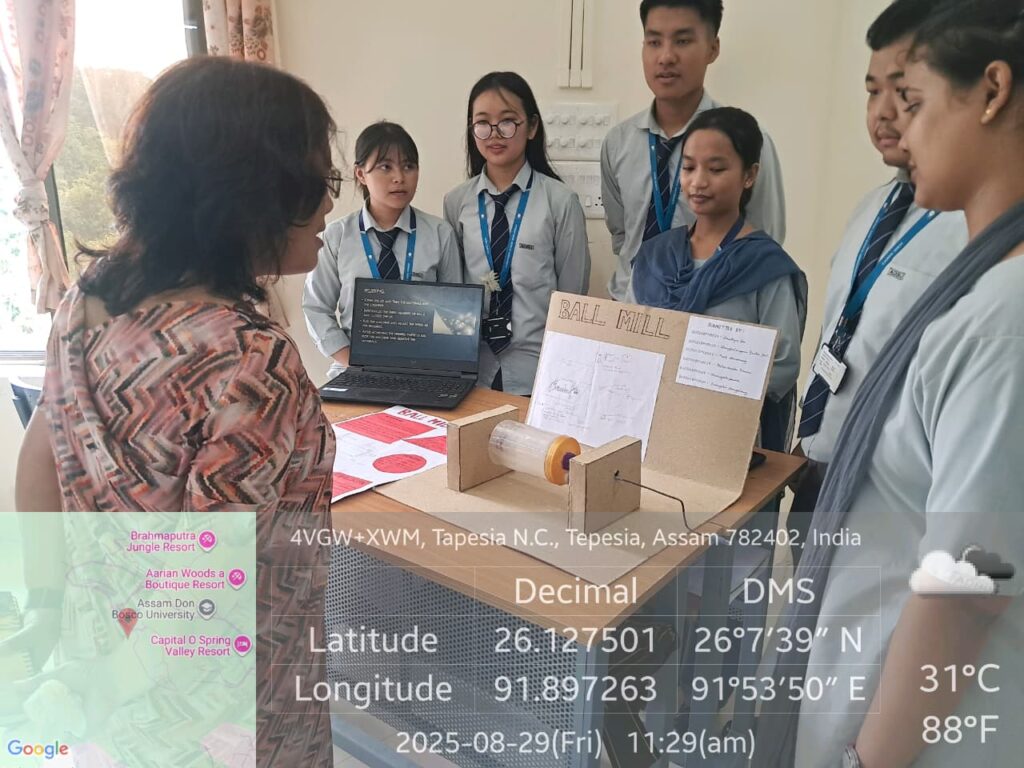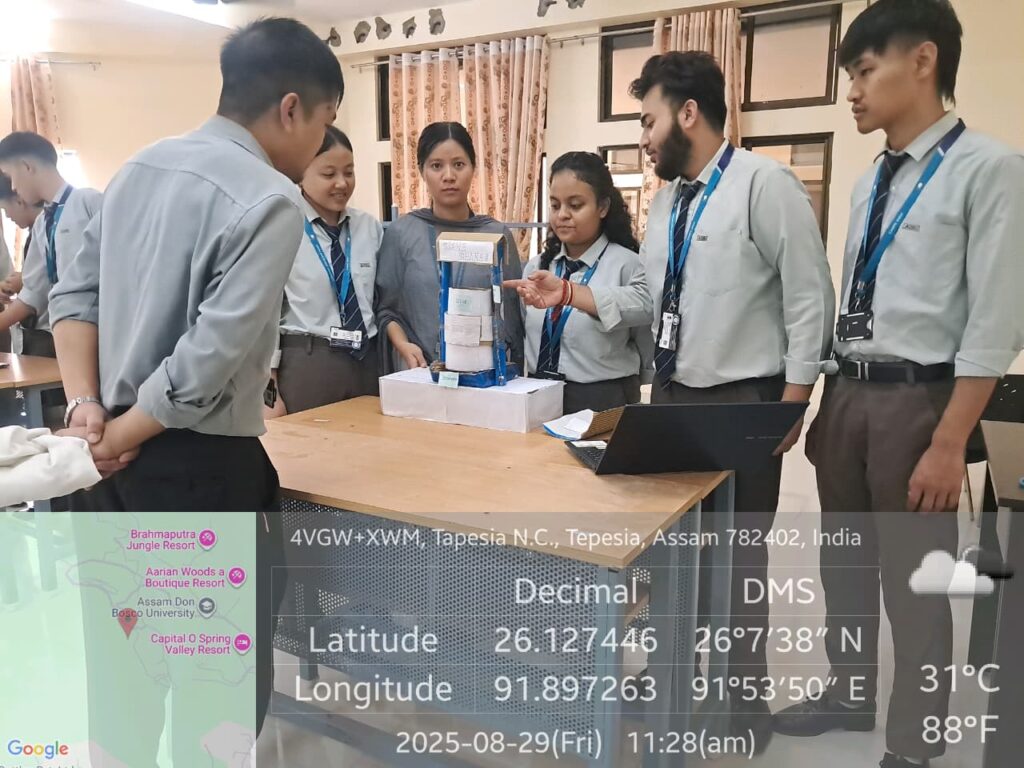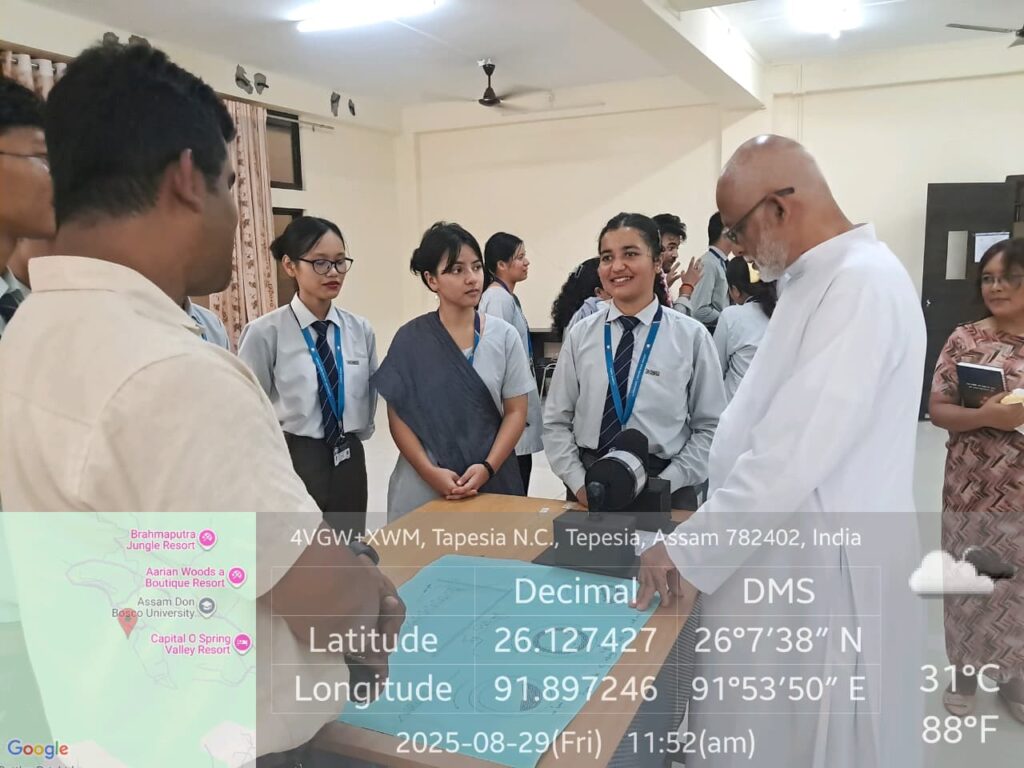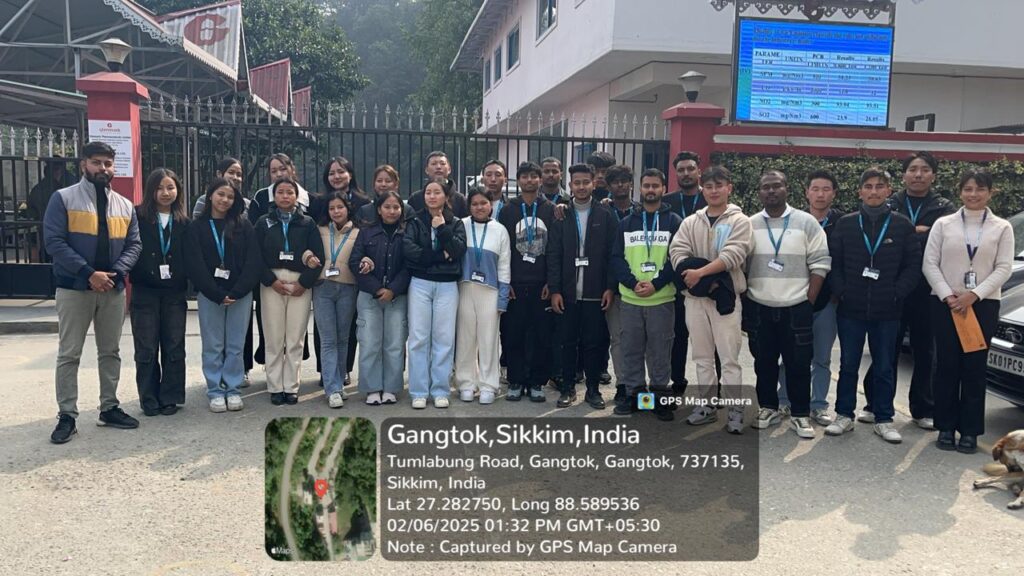The Institute of Pharmacy, Assam Don Bosco University (ADBU), successfully organized the second Innovative Teaching and Learning Programme for the B. Pharm 3rd Semester students on Friday, 29th August 2025, from 8:00 AM to 12:00 PM. The programme was conducted under the guidance of Dr. Manas J. Kapil, Associate Professor, and Mr. Innocent Sutnga, Assistant Professor. The event was graced by distinguished guests, including the Honourable Vice Chancellor, the Director of the School of Life Sciences, and faculty members from the Institute of Pharmacy, who actively interacted with the students during their presentations.
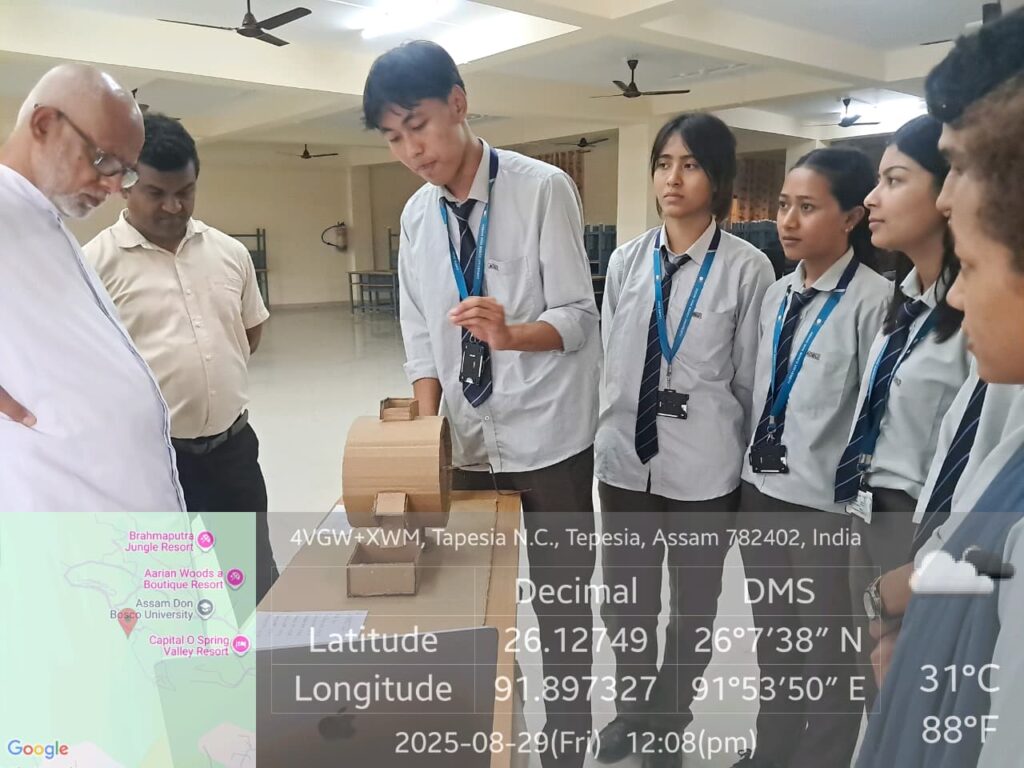
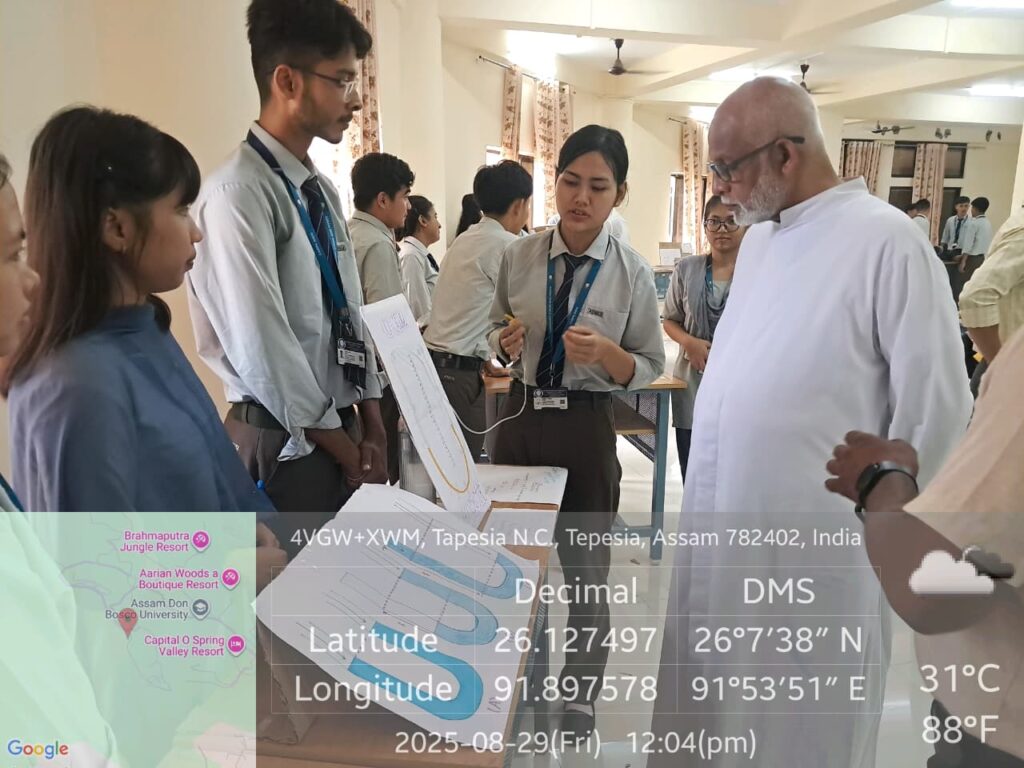
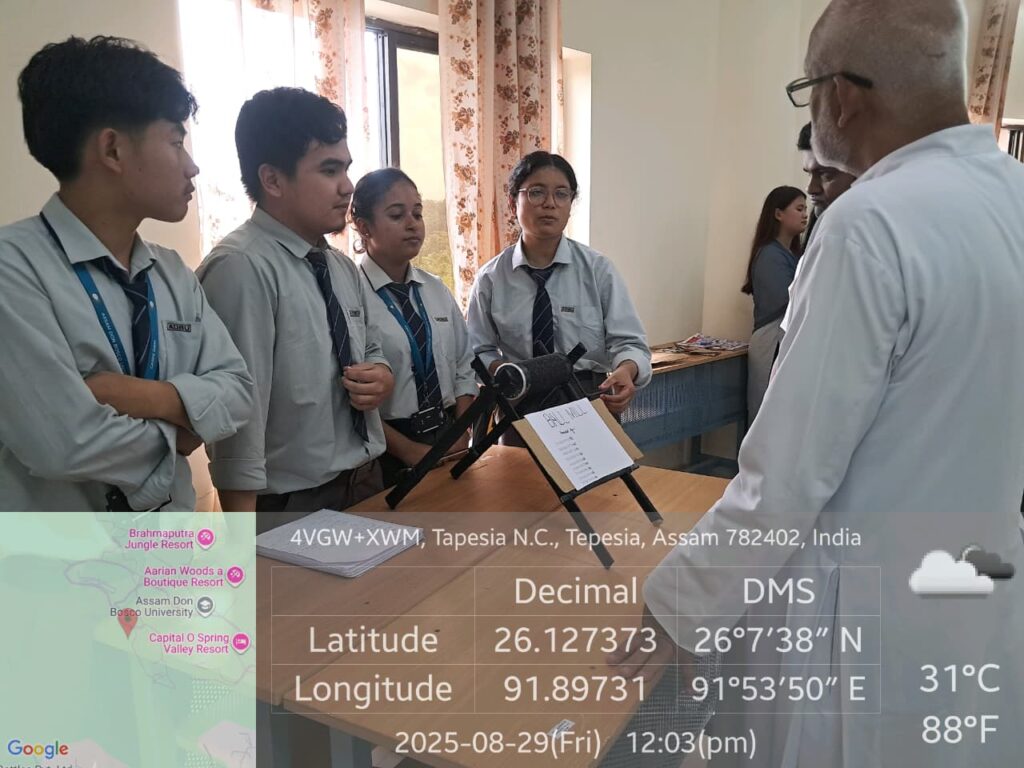
The initiative was strategically designed to strengthen several Programme Outcomes (POs) that required greater focus, such as critical thinking, planning abilities, leadership skills, professional identity, ethics, communication, and life-long learning. The structure of the programme emphasized teamwork and creativity, in alignment with NAAC’s Attribute 5.
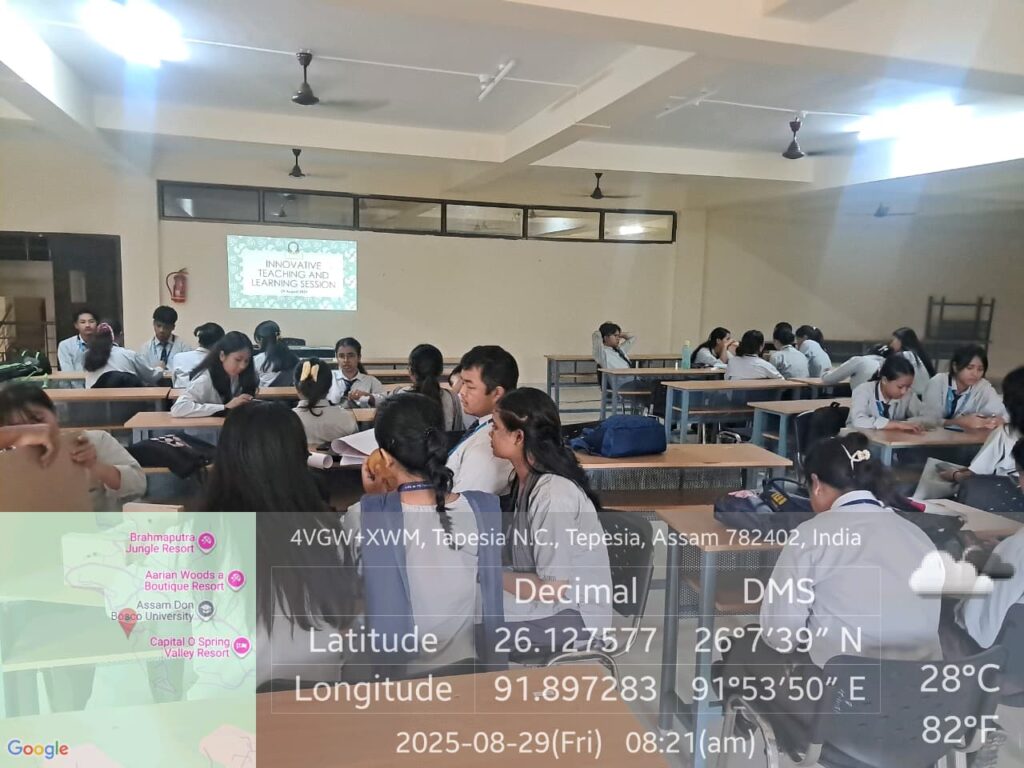
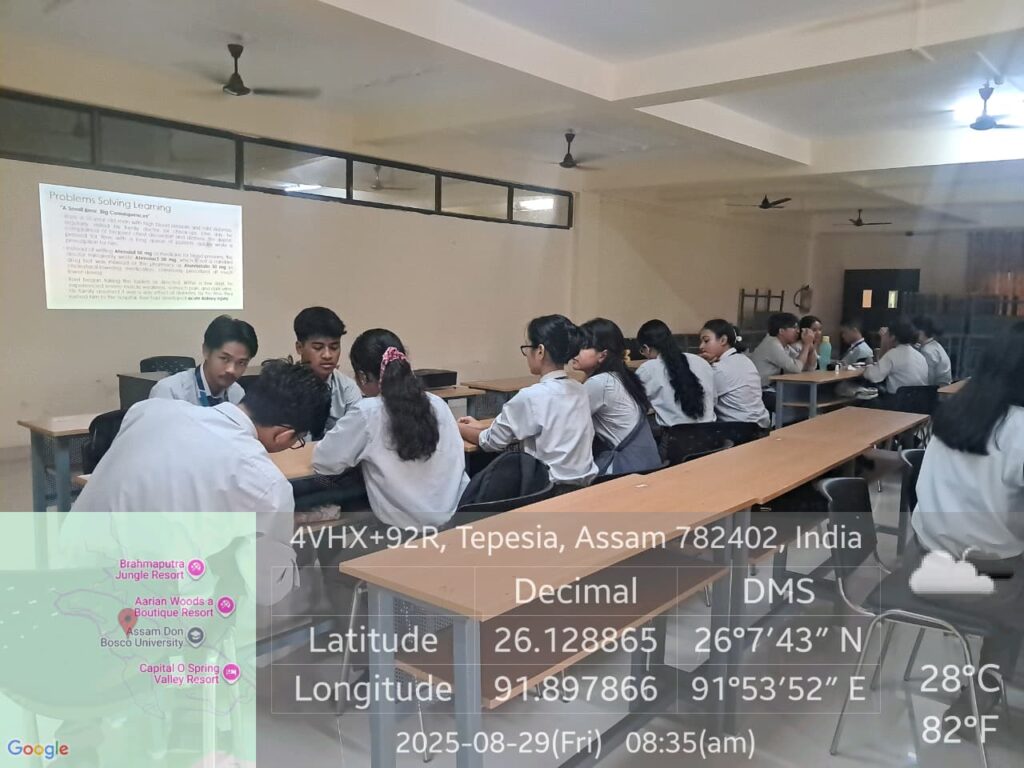
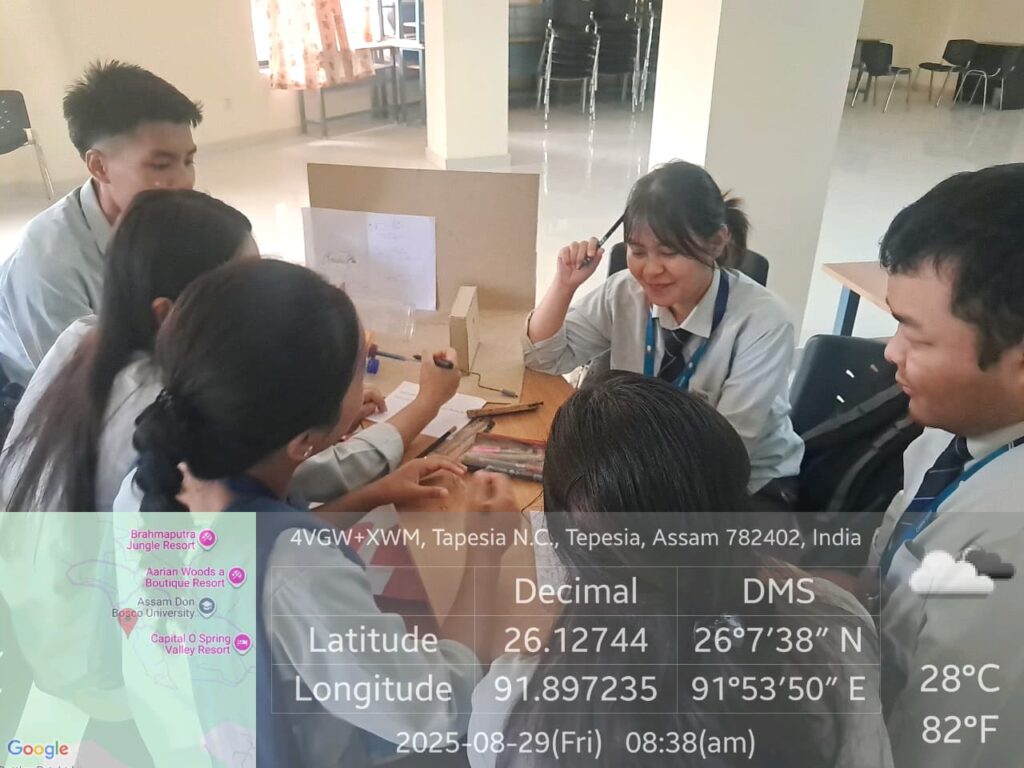
Students were divided into nine groups, with two leaders selected from each team to guide their peers. The programme consisted of two interactive sessions. The first session involved problem-solving through a case study titled “A Small Error, Big Consequences,” where students analysed real-life challenges and proposed solutions. The second session focused on model presentations of key pharmaceutical equipment, including the ball mill, sieve shaker, U-tube manometer, cyclone separator, and sieve shredder. The special invitees, along with faculty members, not only observed but also engaged in discussions with the students, creating an active two-way exchange of knowledge and ideas.
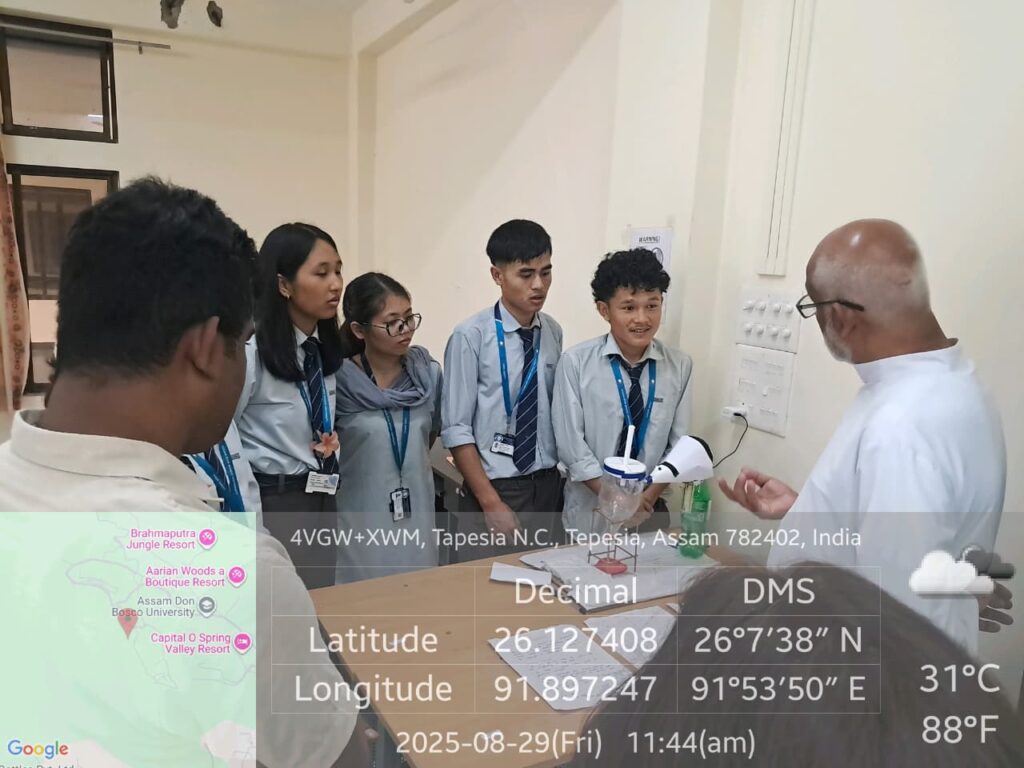
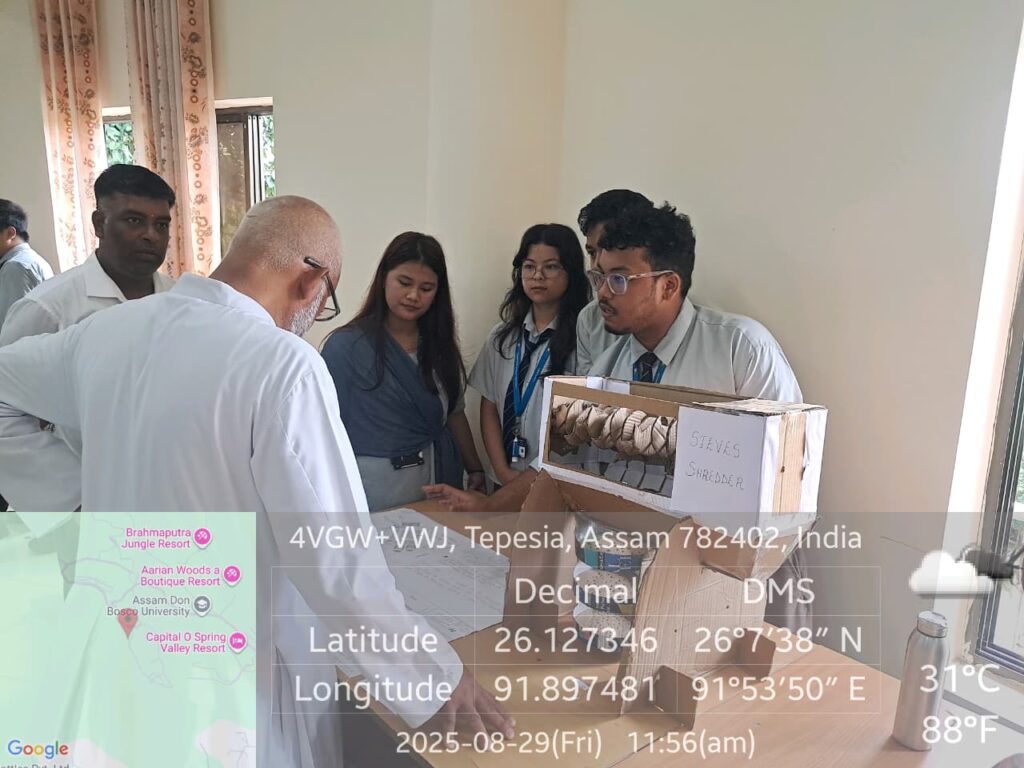
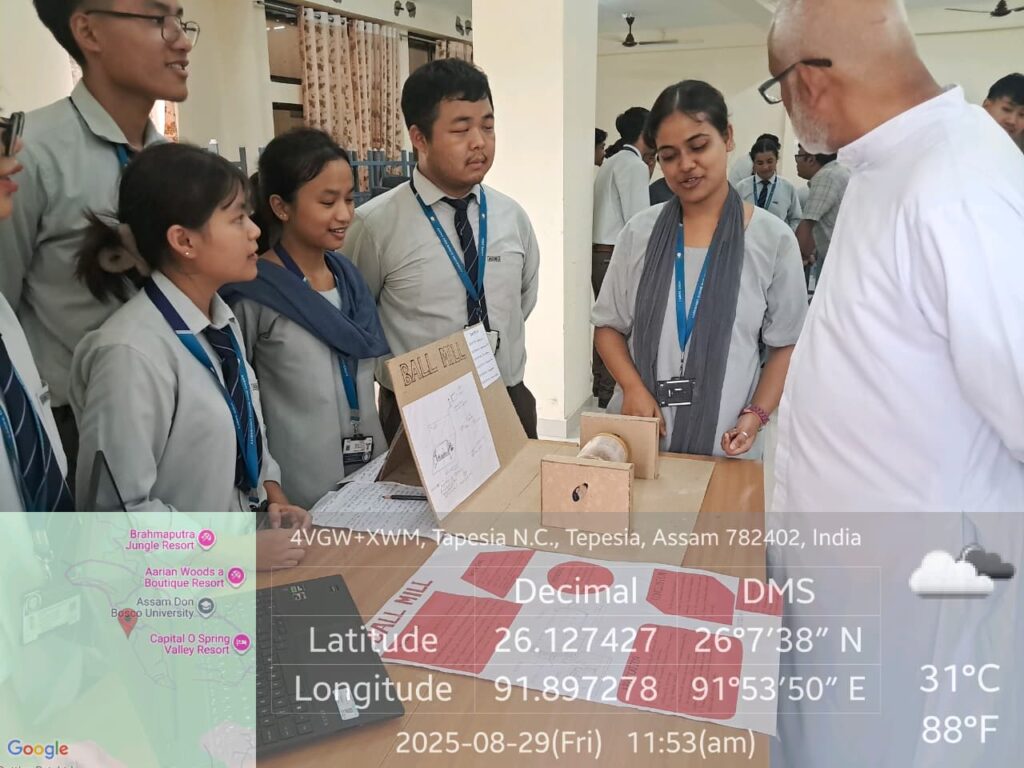
Speaking on the occasion, the faculty in charge, highlighted that the programme was designed to go beyond traditional classroom teaching, making learning more engaging, application-based, and skill-oriented. The event concluded with an acknowledgment of the students’ enthusiastic participation. It was noted that the initiative not only deepened their understanding of industrial equipment but also enhanced vital skills in teamwork, communication, and presentation. The programme stood out as a model of how innovative approaches in teaching can transform conventional classroom learning into a dynamic environment, motivating students while successfully meeting the intended Programme Outcomes.
